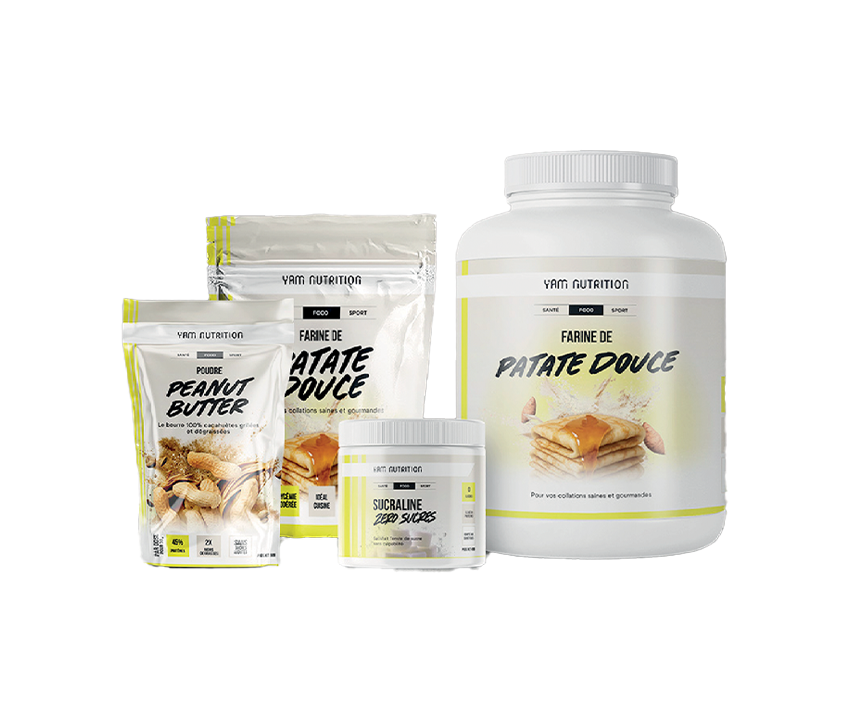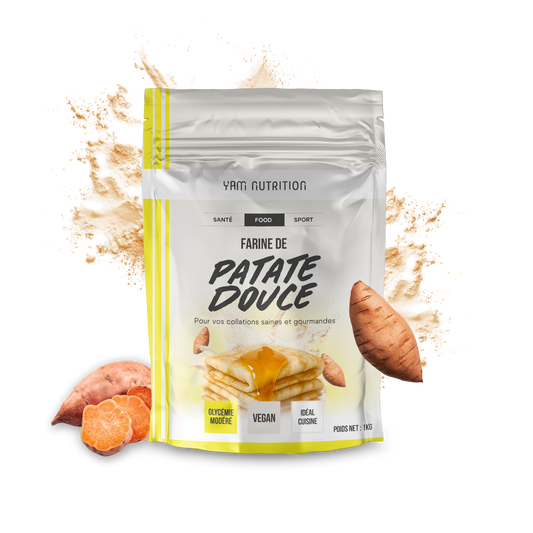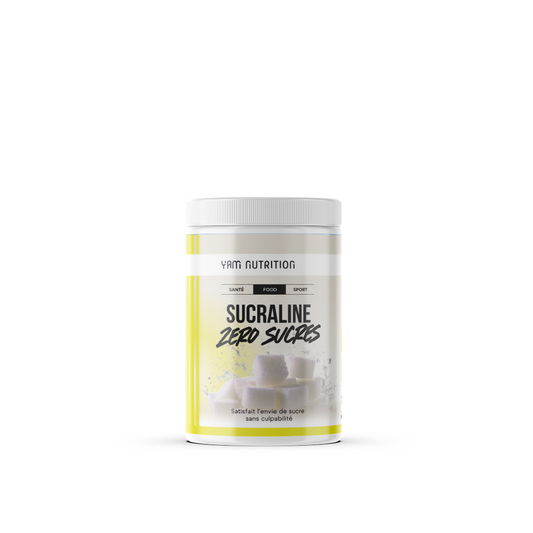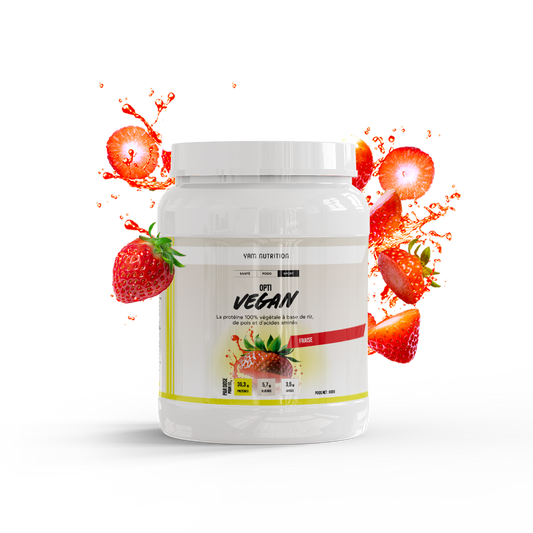When should you take whey?

Most bodybuilders have gotten into the habit of drinking protein powder throughout the day, before or after training. This habit, based on taste as much as on nutritional intake, significantly contributes to the daily intake of nitrogenous substances, that is to say, proteins. Indeed, the amount of nitrogen that you provide to your body over a day will determine whether you are in muscular anabolism or whether, on the contrary, you are using your own muscle fibers to produce energy and ATP, the famous Adenosine Triphosphate.
For your healthy and delicious snacks Peanut butter made with 100% roasted peanuts 100% plant-based protein made from rice, peas and amino acids
Sweet potato flour
Sale price
From 19,90 €
Peanut Butter Powder
Sale price
24,90 €
Opti-Vegan
Sale price
From 37,90 €
Amino acids are nitrogenous building blocks that contribute to the synthesis of your own proteins. The amount of nitrogen present in your body determines whether it is in anabolism (building muscle) or catabolism (breaking down muscle fibers for energy). When the "nitrogen balance is negative," you lose muscle. When it is positive over a long enough period of time, you gain it. No more, no less. Then, the trick is to know when to take whey so that it is as effective as possible for muscle growth.
Protein contributes to muscle growth through hypertrophy and strength gain
Then, it all depends on the importance you give to your weight training, but if you're looking to stimulate muscle growth, protein will absolutely have to be present in your diet in sufficient quantities. When you're sedentary, nutritional protein intake is quite random and infrequent at breakfast. In general, the poorer the quality of meals, the poorer the protein intake. Conversely, the advantage of protein powder is multiple for strength athletes. On the one hand, the quality of protein powder is generally optimal and on the other hand, the quantity of protein is often higher.
Protein powders are functional food products, developed according to a specific nutritional objective
Protein powders should also be differentiated from foods in that they do not provide carbohydrates or fats, nor the calories that make them up. In this respect, protein powders should be seen as functional foods since they only give you a certain amount of protein and therefore also provide you with relatively few calories (around 100 to 120). To this end, protein shakes are versatile because they always help improve nitrogen balance (anabolism versus catabolism), but they can also be taken as part of muscle gain, mass gain or cutting , depending on your diet.
Each whey shake you take will provide you with between 20 and 30 grams of pure protein, which is significant from a nutritional perspective. If you consume foods like chicken or ground beef, you will also get this amount of protein. However, since most protein powders are derived from milk, the quality of the amino acid profile is often higher, especially for whey . However, dietary supplements always come after food, not as a substitute.
When to take whey?
If you're taking whey (milk whey), you're probably doing it for its nutritional quality and richness in amino acids . You just need to know how to get the most out of it, and especially when. Naturally, taking whey between meals is a good nutritional strategy. If you take it with water, one hour before training is a good time. With semi-skimmed milk, allow an hour and a half for digestion on average, depending on the individual.
You can also take a whey shake after weight training, cardio, or cross training to quickly supply your body with amino acids. In these conditions, your whey will contribute to glycogen storage as well as reactivate anabolism. Whey is particularly rich in leucine, which allows you to quickly reactivate your protein synthesis . However, you must keep in mind that your meals must remain your primary source of protein foods. Here too, an average amount of 30 to 50 grams per meal should be provided to your body.
Is it useful to take whey in the evening before bed?
No, taking a whey shake before going to sleep is not a good strategy to adopt because whey is completely assimilated after about an hour and a half. Under these conditions, you would go more than 7 hours without protein intake. This is why casein is recommended for bodybuilders who would like to take a protein shake before bed. Casein is a protein whose amino acids are nested in micelles, that is, groups of proteins, with minerals. This is micellar casein, a protein more suitable for taking before bed. But generally speaking, you must take into account the fact that your diet and your protein powder must provide you with between 1.6 and 2 g of protein per kilo of body weight, which is quite feasible under these conditions.
Eric MALLET
Spécialiste en Nutrition Sportive





